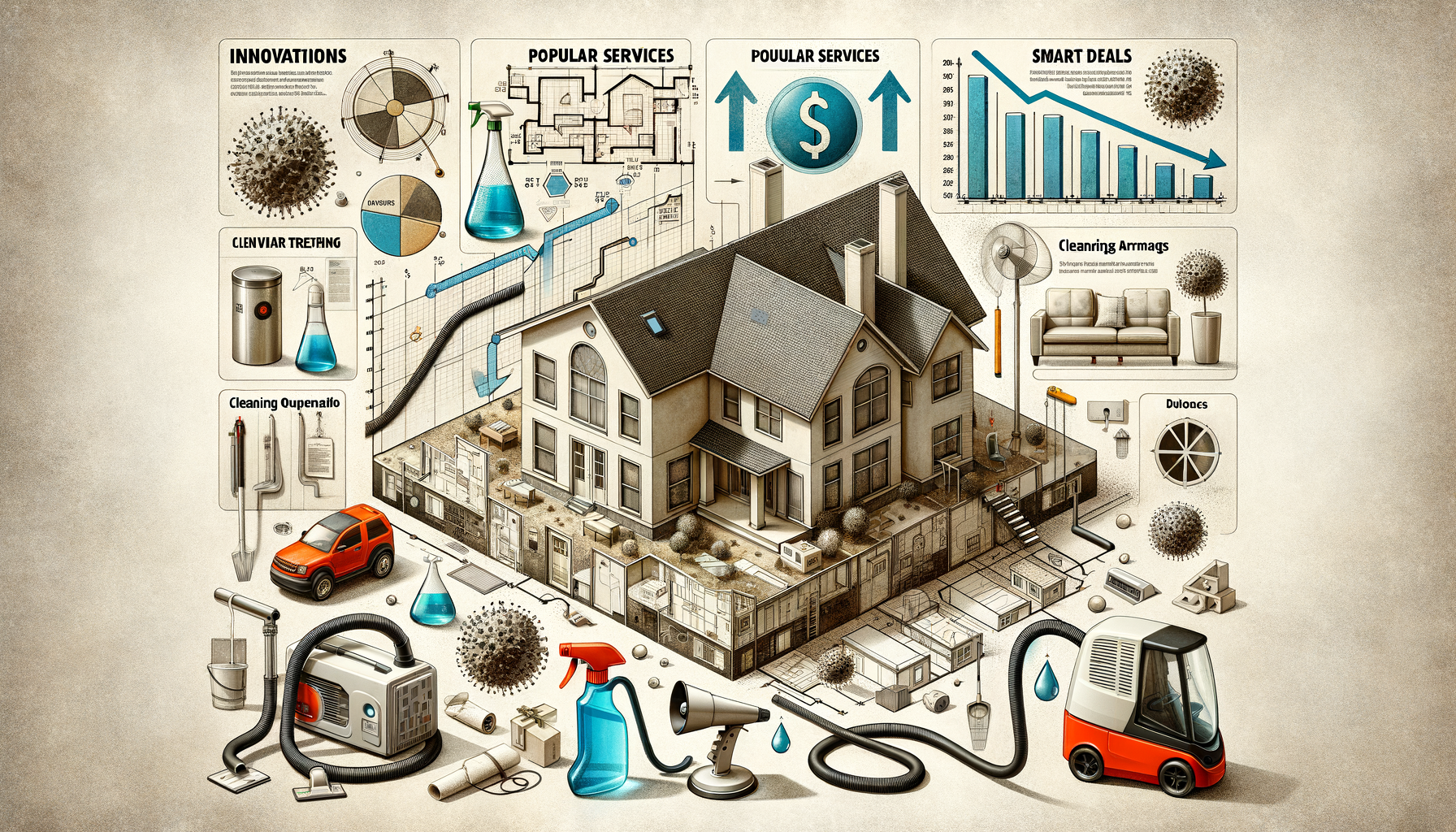
Best AI-Powered Flashcard & Note-Taking Apps
Learning Smarter, Not Harder
Let’s face it: studying can sometimes feel like a slog. Whether you’re revising for exams, learning a new language, or just trying to stay on top of your uni reading list, finding the right tools can make all the difference. That’s where AI-powered flashcard and note-taking apps come in. These tools aren’t just trendy tech; they’re practical solutions for boosting your productivity and helping you learn more effectively.
With artificial intelligence (AI) making waves in education, learners now have access to smart apps that adapt to their needs, streamline information, and even create study aids automatically. In this post, we’ll dive into the best AI flashcards and note-taking apps, explore how they work, and share real-life tips to help you get the most out of them. Whether you’re a student, a lifelong learner, or someone trying to make sense of mountains of information, there’s an AI-based learning tool for you.
What Makes an App AI-Powered?

Before we jump into app recommendations, it helps to understand what “AI-powered” really means. Unlike traditional apps, AI tools use algorithms and machine learning to learn from your behaviour. They can:
- Detect patterns in how you study
- Recommend content based on what you struggle with
- Automate tasks like generating flashcards or organising notes
- Adapt over time to become more helpful, the more you use them
This means that instead of you adjusting to a system, the system adjusts to you.
Top AI-Powered Flashcard Apps
1. Brainscape
Brainscape uses spaced repetition—a proven learning technique where content is reviewed at increasing intervals—to help you remember information better. Its AI engine monitors your performance and adjusts the frequency of flashcards accordingly.
Why learners love it:
- Creates a personalised study path
- Offers expert-verified flashcard sets
- Tracks confidence ratings to tailor review schedules
Real-world tip: Use Brainscape to prep for exams by turning lecture notes into flashcards. Let the AI schedule when you need to review them.
2. Quizlet (with Q-Chat AI Tutor)
Quizlet has long been a favourite among students, and its AI-powered feature, Q-Chat, makes it even more effective. It turns flashcard study into a conversation, helping learners engage in a deeper way.
Key features:
- AI tutor helps with explanations and practice
- Auto-generates quizzes based on your flashcards
- Offers image-based learning for visual learners
Use case: Language learners can benefit massively from the conversational style of Q-Chat to reinforce vocabulary and sentence structure.
3. RemNote
RemNote combines note-taking with flashcard creation using a concept called “linked thinking.” As you write notes, the AI detects terms or concepts and offers to turn them into flashcards instantly.
Standout elements:
- Automatic flashcard generation from notes
- Spaced repetition built-in
- Designed for deep understanding, not just memorisation
Pro tip: Use RemNote for subjects that require critical thinking, such as medicine or law. It helps link concepts together for better recall.
Top AI Note-Taking Apps
1. Notion AI
Notion has become a go-to productivity app, and its AI features have made it even more useful for learners. Notion AI can summarise notes, suggest next steps, and even rewrite text for clarity.
Why it stands out:
- Assists in organising course content
- Summarises long notes into bite-sized points
- Helps generate study questions from existing material
Example: Imagine having a 10-page lecture transcript. Notion AI can highlight key points and suggest questions to test your understanding.
2. Mem AI
Mem is built with a strong focus on memory and daily recall. It turns your notes into a searchable knowledge graph and uses AI to remind you of important concepts over time.
Features to love:
- Smart reminders based on what you forget
- Daily review suggestions
- Minimalist, distraction-free interface
Best for: Learners who prefer jotting quick thoughts and revisiting them regularly. Great for building long-term knowledge.
3. Tana
Tana is a newer app in the game, but it’s gaining traction thanks to its dynamic AI tagging and relationship-building between ideas. Notes aren’t just static blocks—they become interconnected pieces of a learning puzzle.
Unique capabilities:
- Creates connections between related notes
- Suggests themes and topics to explore
- AI auto-tags notes for better organisation
Use it for: Research-heavy courses or when writing essays, where making connections between different ideas is essential.
How to Choose the Right Tool for You
Picking the right AI-based learning app depends on how you learn best. Here are a few things to consider:
1. Your learning style:
- Visual? Look for apps with image-based or diagram support.
- Auditory? Try apps that include conversational AI or voice input.
- Kinesthetic? Go for tools with interactive elements.
2. Your goals:
- Exam prep? Spaced repetition flashcards are gold.
- Understanding tough subjects? Go for apps with deep linking and question generation.
3. Your workflow:
- Do you already use a tool like Notion or Google Docs? Pick apps that integrate smoothly.
- Prefer mobile learning? Look for apps with strong mobile experiences.
Making the Most of AI-Powered Tools
These apps are smart, but they’re not magic. You still need to show up and do the work. Here are some ways to maximise their benefits:
- Be consistent: Use the tools daily or on a regular schedule.
- Review and revise: Let the AI guide your study path, but revisit difficult concepts often.
- Customise: Don’t just use pre-made content. Add your own notes, flashcards, and highlights.
- Reflect: Use journaling features or AI prompts to reflect on what you’ve learnt.
Conclusion: Learn Faster, Remember Longer

AI-powered flashcard and note-taking apps are changing the way we learn. They take the guesswork out of revision, help you organise your thoughts, and make studying more personalised and efficient. Whether you’re juggling coursework, learning a new topic, or prepping for a big exam, these tools can support your goals.
By picking the right app and using it in a way that matches your learning style, you’ll study smarter, not just harder. So give one (or a few) of these tools a try and see how much easier learning can be when you have a bit of AI on your side.
What’s next? Try out a few of these apps this week. Set up a mini study plan, track your progress, and see how AI helps your learning stick. Don’t forget to share your favourite AI tool in the comments!


